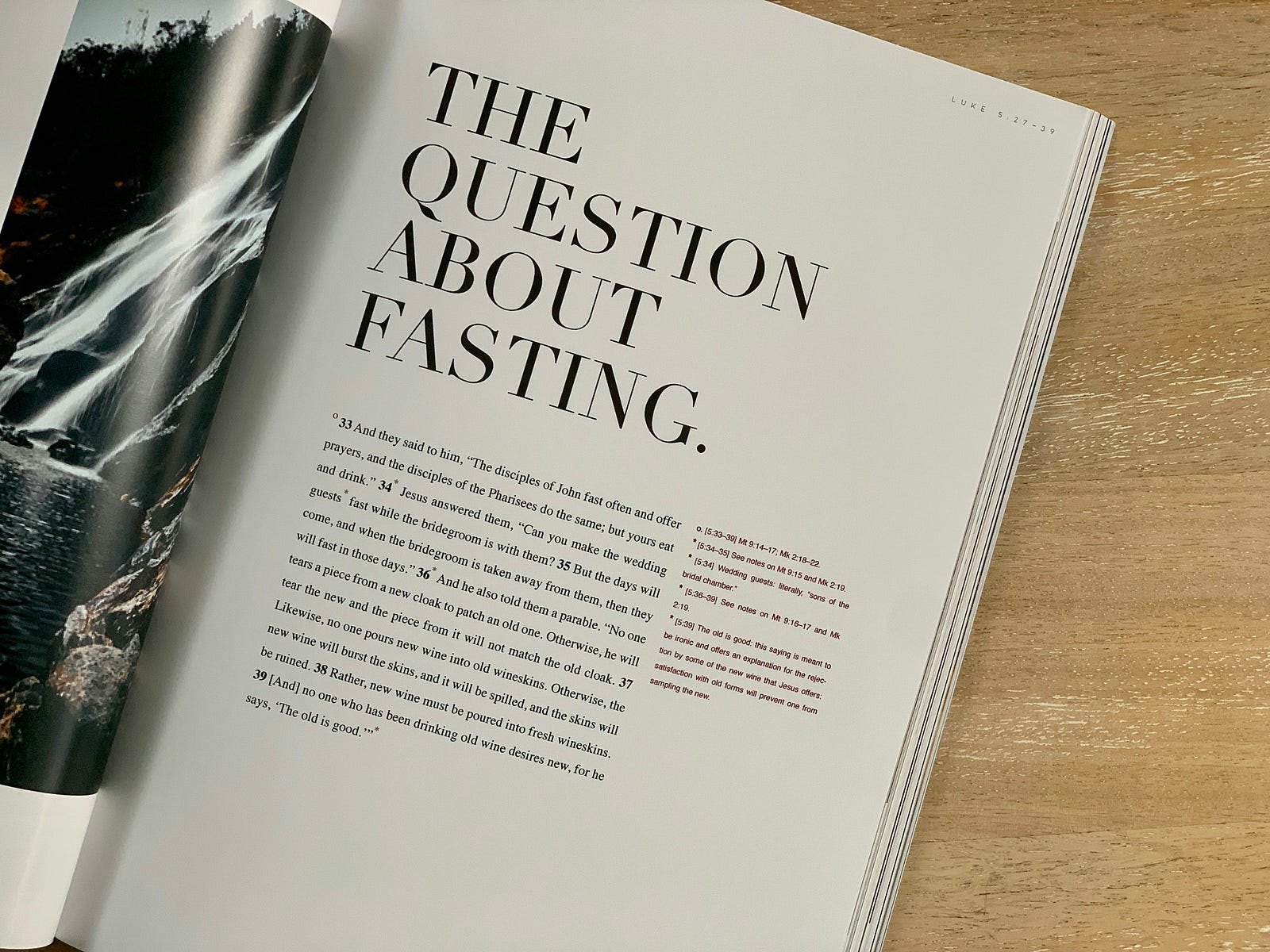STOP! YOU MAY HAVE COME ACROSS ARTICLES and posts suggesting that intermittent fasting could raise your risk of dying from heart disease by a staggering 91 percent.
But before you start changing your eating habits, let’s examine the study behind these claims.
Presented at an American Heart Association conference in March 2024, this research raises some red flags that suggest we shouldn’t jump to conclusions just yet.
Be able to analyze statistics, which can be used to support or undercut almost any argument. — Marilyn vos Savant
What is Intermittent Fasting?
With intermittent fasting, you only eat during a specific time.
The approach limits the hours you consume food — usually to eight hours each day (although there are many variations of IF).
The idea is that fasting, which means not eating anything with calories, gives your body more time to burn fat for the rest of the day.

“More Natural”
Proponents of intermittent fasting argue that it’s a more natural approach to eating.
They point out that in ancient times, people didn’t have the luxury of reaching for snacks while binge-watching their favorite shows.
Instead, they had to spend time hunting and gathering food, which naturally involved burning calories.
Intermittent Fasting Approaches
Some popular approaches to intermittent fasting include the following:
- Alternate-day fasting means eating your regular meals one day and then the next, either not eating at all or having a small meal with fewer than 500 calories.
- 5:2 fasting means you eat normally five days a week and then restrict your calorie intake significantly for two days.
- Daily time-restricted fasting involves eating your usual meals but only within a specific time frame each day. For instance, you might skip breakfast and start eating around lunchtime, finishing your last meal by 8 p.m.
Fasting and Potential Health Upsides
Some evidence indicates intermittent fasting may facilitate weight loss and improve brain and heart health.
I used intermittent fasting to kickstart a drive to lose some pounds before a bodybuilding physique competition.

Indeed, weight loss is the most common objective for those doing intermittent fasting.
Let’s look at the evidence showing fasting helps with weight loss.
Intermittent Fasting and Weight Loss
A 2014 review revealed this:
Intermittent fasting led to significant weight loss, ranging from 3 to 8 percent over three to 24 weeks.
Additionally, participants experienced a reduced waist circumference by 4 to 7 percent, indicating a decrease in harmful belly fat accumulation around internal organs.
Fasting, Weight Loss, and Muscle Mass
I did some intermittent fasting for weight loss to maintain a reasonable amount of muscle mass.
My competition is one month away, and I don’t want to come in flat.

A 2011 study demonstrated that intermittent fasting caused less muscle loss than continuous calorie restriction.
However, it’s crucial to understand that reduced calorie intake is the primary factor contributing to its success.
If I overeat during non-fasting periods, I know that I may not experience any weight loss benefits.
Other Potential Health Benefits
But wait, there’s more:
Healthline offers these key benefits of intermittent fasting:
- Weight loss: Intermittent fasting can help you shed pounds and belly fat without counting calories strictly.
- Insulin resistance: It can decrease insulin resistance, lower blood sugar, and increase fasting insulin levels, which may protect against type 2 diabetes.
- Inflammation: Some studies suggest intermittent fasting can reduce markers of inflammation, which is linked to various chronic diseases.
- Heart health: Intermittent fasting may lower “bad” LDL cholesterol, blood triglycerides, and other risk factors associated with heart disease.
- Cancer prevention: Animal studies indicate that intermittent fasting might help prevent cancer.
- Brain health: Intermittent fasting can boost the brain hormone BDNF, potentially aiding in the growth of new nerve cells and protecting against Alzheimer’s disease.
- Anti-aging: Studies in rats have shown that intermittent fasting can extend lifespan.
Please remember that the research is in its early stages. Some of the data comes from animal models.
We need larger, high-quality studies in humans.

New Claims
As I noted earlier, a recent observational analysis explored whether restricting eating times reduces the risks of all-cause and cause-specific mortality.
The study utilized data from the National Health and Nutrition Examination Survey.
The findings are surprising (and disturbing) to me:
Individuals adhering to an 8-hour window for eating faced a 91 percent higher likelihood of cardiovascular mortality compared to those maintaining a conventional eating period of 12 to 16 hours daily.
Moreover, individuals diagnosed with heart disease or cancer exhibited an elevated risk of cardiovascular death.
Am I Doomed?
While I don’t regularly practice intermittent fasting, I do on occasion. Am I doomed?
Perhaps not.
The study results are based on two-day diet records. The researchers did not correct for confounding variables.

Moreover, the intermittent fasting group had more men and more smokers than the control group.
I wonder if once appropriate statistical corrections are made, the negative results will go “poof.”
Finally, at least in my experience, the “dangerous” intermittent fasting approach is not a common approach to IF.
More Caveats
I was disappointed with the numerous “sky is falling” headlines heralding the dangers of intermittent fasting.
In addition, this is an observational study. Such studies show interesting associations but do not demonstrate a cause-and-effect relationship.
The researchers still need to publish the study in a peer-reviewed scientific journal. There has been no rigorous peer review.
Even the American Heart Association recognizes this, releasing a press release describing the study as “preliminary.”
I am always interested in major findings reported at meetings, but I take them with some skepticism.
I’m Not Done
A single study is not the Holy Grail. Science doesn’t work that way.
Finally, the diet data from the study is limited. Researchers could not follow each study subject every day.
Did they adhere to intermittent fasting? What did they eat each day? Folks are notoriously inaccurate in their diet reporting.

When my patients ask me about intermittent fasting, I offer that it may have some benefits, but I don’t know the long-term health implications, good or bad.
My go-to approach is a modified Mediterranean diet.
Potential Risks of Intermittent Fasting
Harvard Health reminds us that there are some potential risks of intermittent fasting:
- Intermittent fasting may make you feel sick. Symptoms may include tiredness, headaches, constipation, and being grumpy.
- You may overeat. The biological drive will be strong as your appetite hormones and brain’s hunger center go into deprivation-induced overdrive.
- Older people may lose too much weight. Many human studies focus on small groups of young or middle-aged adults. Losing too much weight may compromise bones, immune systems, and energy levels.
- Intermittent fasting can be dangerous if you take medicine for certain conditions, such as diabetes, heart disease, and high blood pressure. During prolonged fasting, some may be more likely to have sodium, potassium, and other mineral imbalances.
Summary
Intermittent fasting may promote health for some. A new study suggests caution, but we must see the published paper (and other studies) before condemning intermittent fasting in the scientific trash bin.
I am somewhat saddened that the recent headlines — which are not yet in finished form — may scare people away from time-restricted eating. The approach is a proven strategy for weight loss.
As a general diet, I prefer a Mediterranean-style diet’s sustainable and pleasurable approach.
Have you fasted? What were your results?
Thank you for reading “Dispelling the Intermittent Fasting Myth: Why Claims of a 91% Death Risk Increase Are Overblown.” Please consider signing up to follow this blog. Finally, click the HOME button (upper left corner) to read more essays!




